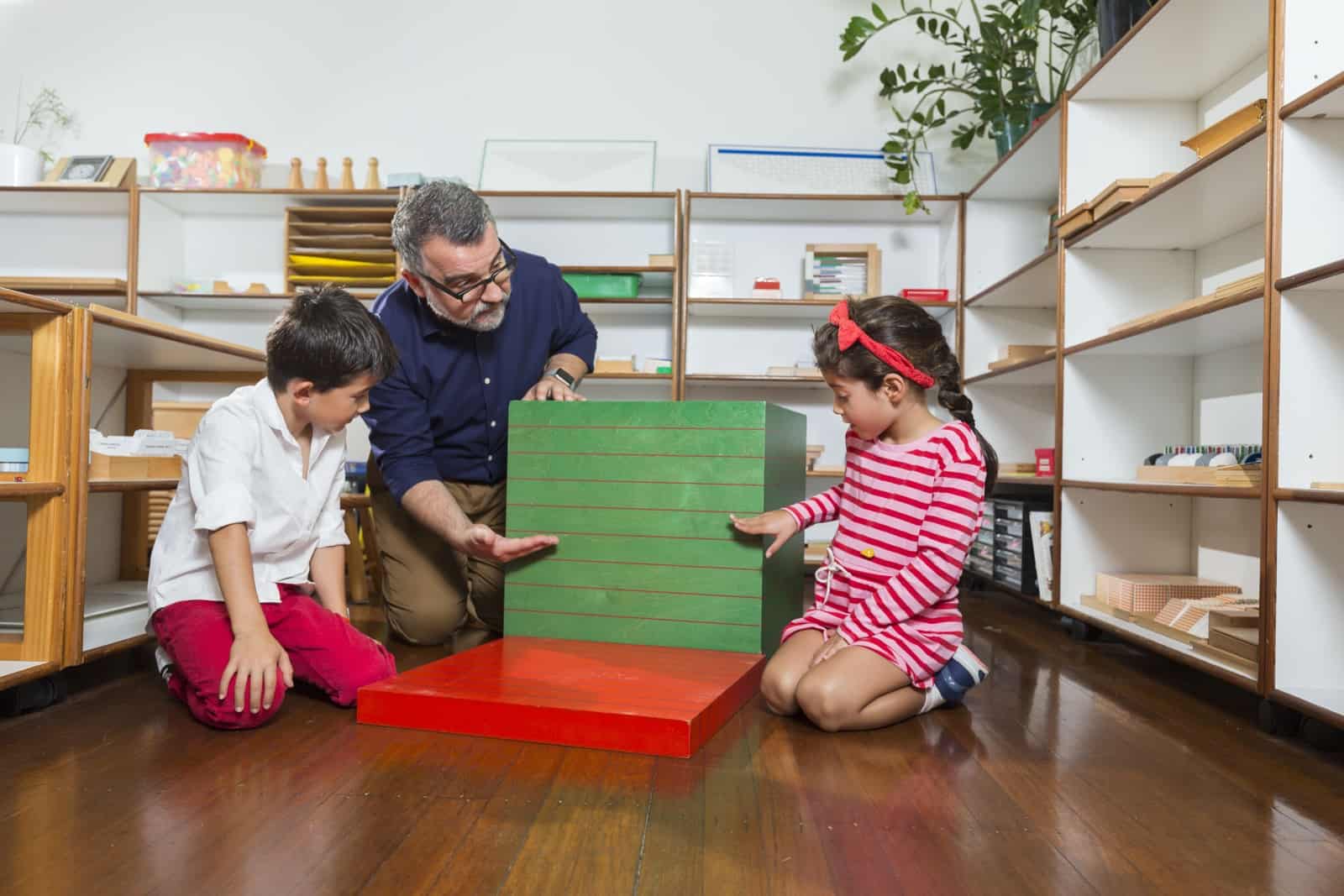How do you know when your child is bored at school?
Denice Scala, Principal at Forestville Montessori School, provides 5 possible signs to look for in your child.
Parenting can be perplexing. With young children, it is tough to separate behaviour from the root cause.
Are you seeing any of these signs?
- Your child is alive at home, tiring you out with constant questions. Yet, her teacher is telling you that’s not evident at school.
- She is losing her self-confidence.
- She may be showing signs of school refusal manifesting as tummy aches in the morning or finding reasons to delay departure time to leave for school.
- At home she is one kind of child, at school she is another.
- She is finding it hard to make friends
Time to act. Here’s why.
Curiosity. Young children are naturally curious. You want to encourage endless questions. Without curiosity, your child will lose engagement. Curiosity drives our insatiable quest for knowledge something we need to encourage in all young children to ensure they plant the foundations for life long learning.
Self-believe. Children will quickly pick up cues from their environment about what is acceptable and what is not. If fitting in is expected, then they’ll be chameleons. This could mean concealing capabilities or learning difficulties to fit in. Once this starts to happen it will have an impact on confidence and self-believe. Children need to feel confident to take risks, to try new thing, to see failure as part of learning and staying true to themselves despite the pressure to conform is vital.
Emotional Resilience. Feelings of insecurity can come from being confused about expectations. Imagine a child who starts school and can already read then she receives her first reading book and it is way too easy. What does she do? Tell her teacher and risk being labelled or conceal her ability to conform? This is a negative spiral and will contribute to underachievement.
Social connection. Genuine friendships are like sheltering trees, they endorse us for who we are. This is why a sense of belonging matters. Social groupings in school can be hard to navigate especially if organised only by age. Finding a soul mate is not always possible if you are only mixing with people who are the same age.
Boredom is usually the result of a mismatch of expectations.
Find a school that does not adopt a one size does not fits all approach.



